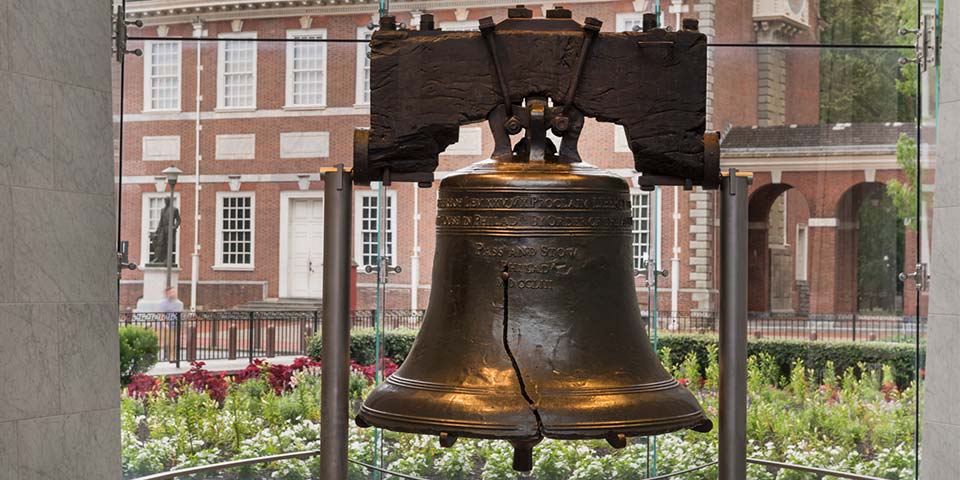The first mitzvah we learn about in this week’s parsha is shmittah – the idea that every seven years, the land of Israel should rest from farming. Interestingly, this parsha also begins with an unusual formulation; “וַיְדַבֵּ֤ר הֹ’ אֶל־מֹשֶׁ֔ה בְּהַ֥ר סִינַ֖י לֵאמֹֽר׃” – “And Hashem spoke to Moses at Mt. Sinai, saying:…” Usually verses like this begin with “And Hashem Spoke to Moses, saying” but here Mt. Sinai is specifically invoked.
The great commentator Rashi asks why this is, and comes to a profound answer. What does the land’s sabbatical year have to do with Mt Sinai? Weren’t all mitzvot given there? Then why use this strange formulation? Rashi answers that both the general principles and the specific details of what goes into the sabbatical year were given to us at Mt. Sinai. So too were all of the general principles and specific details of all 613 mitzvot! Using this formulation hammers that fact home to us, using the land’s rest as the paradigm of that broader principle.

But shmittah is not just about allowing the land to lie dormant for a year. In fact, the verses that command it are some of the most well-known in all of the Torah due to being inscribed on the Liberty Bell in Philadelphia, Pennsylvania: “And ye shall hallow the fiftieth year, and proclaim liberty throughout all the land unto all the inhabitants thereof: it shall be a jubilee unto you; and ye shall return every man unto his possession, and ye shall return every man unto his family.” Rabbi Jonathan Sacks of Blessed Memory notes that the core message of these verses is one of equality and liberty. In his words,
“It was a gloriously humane structure, the proof of which lies in the fact that even today it inspires politicians, economists and religious leaders far beyond the Jewish community. Its key insight is that the governance of society must be based on moral considerations, above all, the dignity of the individual. No one must suffer humiliating poverty. No member of the covenant community must be condemned to perennial slavery, or debt, or the burden of interest repayments. No one must lose his share in the land. Beyond the specific halachic parameters of these laws is the larger ethical vision of what a decent society should look like. This has not ceased to be compelling in an age of international corporations, instantaneous communications and the global economy.
Underlying the laws is something more fundamental than economics and politics. It is a still-revolutionary concept of property and ownership. Ultimately all things belong to God. This is a theological equivalent of the legal concept of ’eminent domain’: the superior dominion of the sovereign power over all lands within its jurisdiction. In the case of Israel, eminent domain – both in relation to persons and to land – is vested in God.”
Our job, according to Rabbi Sacks, is to use this as a starting point in taking responsibility for those around us. When we remember that the details of the Torah and Mitzvot come to us directly from God and we live lives informed by those values, we are able to help the world grow in innumerable ways. May we all have the strength to live such lives and to help others do the same.
Shabbat Shalom!

